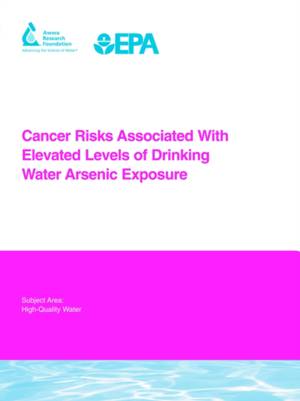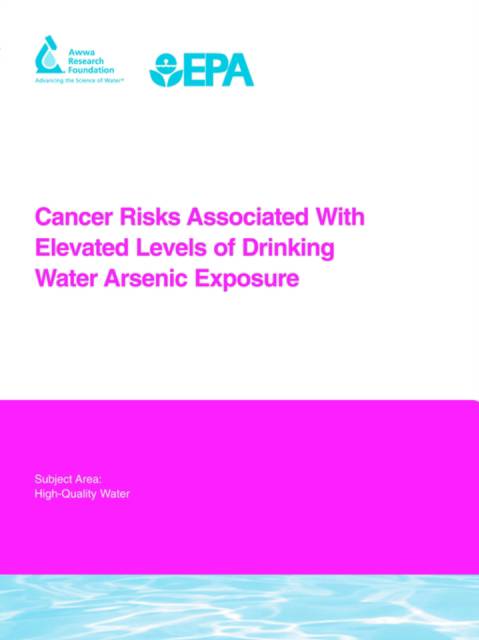
- Afhalen na 1 uur in een winkel met voorraad
- Gratis thuislevering in België vanaf € 30
- Ruim aanbod met 7 miljoen producten
- Afhalen na 1 uur in een winkel met voorraad
- Gratis thuislevering in België vanaf € 30
- Ruim aanbod met 7 miljoen producten
Zoeken
Cancer Risks Associated With Elevated Levels of Drinking Water Arsenic Exposure
F. J. Frost
€ 128,95
+ 257 punten
Omschrijving
Identifies US counties in which the mean drinking water arsenic level was 10 g/L or greater during 1950-1999. The objective of this study was to examine whether lung and bladder cancer incidence or mortality rates are elevated in United States populations consuming drinking water that exceeds the new EPA MCL for arsenic.
Specificaties
Betrokkenen
- Auteur(s):
- Uitgeverij:
Inhoud
- Aantal bladzijden:
- 92
- Reeks:
Eigenschappen
- Productcode (EAN):
- 9781843399179
- Verschijningsdatum:
- 31/07/2005
- Uitvoering:
- Paperback
- Afmetingen:
- 156 mm x 234 mm

Alleen bij Standaard Boekhandel
+ 257 punten op je klantenkaart van Standaard Boekhandel
Beoordelingen
We publiceren alleen reviews die voldoen aan de voorwaarden voor reviews. Bekijk onze voorwaarden voor reviews.







